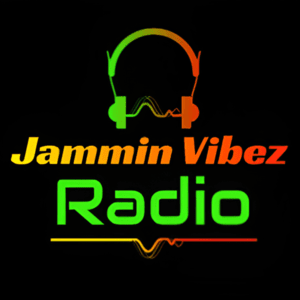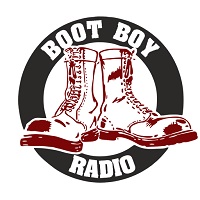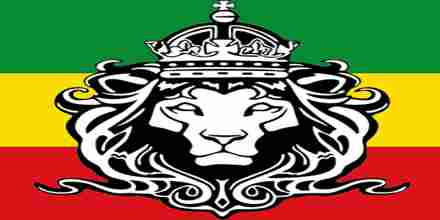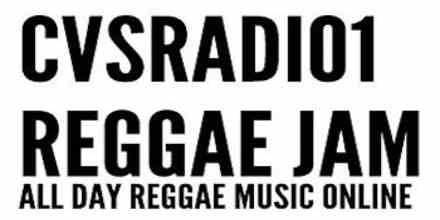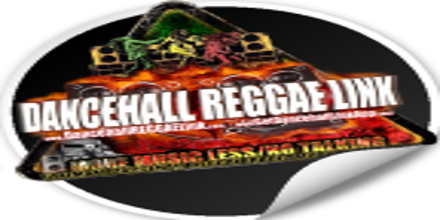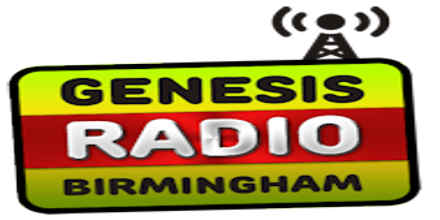Reggae is a music genre that originated in Jamaica in the late 1960s. It emerged from the fusion of various musical styles, including mento, ska, rocksteady, and American jazz and rhythm and blues. The term "reggae" itself is believed to have evolved from the word "stagger," which described the rhythmic style of early reggae music. This genre is deeply rooted in the cultural and social fabric of Jamaica, reflecting themes of social injustice, spirituality, love, and resistance.
Reggae music is characterized by its distinctive rhythmic patterns, often featuring a heavy emphasis on the offbeat. The bass lines are typically deep and syncopated, providing a strong foundation for the melody. The drumming in reggae is equally unique, with the kick drum hitting on the third beat of each measure, creating a one-drop rhythm that is instantly recognizable. This rhythmic structure allows for a sense of groove and movement that is central to the genre's appeal.
Lyrics in reggae often address social and political issues, making it a powerful tool for expressing dissent and advocating for change. Artists like Bob Marley, Peter Tosh, and Bunny Wailer were instrumental in bringing these messages to a global audience. Bob Marley, in particular, became an icon of reggae music with his band The Wailers, spreading messages of peace, love, and unity through songs like "One Love," "Three Little Birds," and "Redemption Song." These artists used their music to challenge the status quo and inspire listeners around the world.
Spirituality is another significant aspect of reggae. Many reggae musicians draw inspiration from Rastafarianism, a religious movement that emerged in Jamaica during the 1930s. Rastafarian beliefs emphasize a connection to nature, the importance of dreadlocks as a symbol of spiritual dedication, and the use of cannabis (known as "ganja") for spiritual and medicinal purposes. These themes are often reflected in reggae lyrics, which can include references to Jah (God), Babylon (the oppressive system), and Zion (a promised land).
The instrumentation in reggae is relatively simple but highly effective. Alongside the bass guitar and drums, keyboards, guitars, and horns are commonly used to create rich, layered sounds. The melodica, a small keyboard instrument played by blowing into it, is also a staple of reggae music, adding a distinctive, whimsical sound to many tracks.
Reggae has had a profound influence on other musical genres around the world. It has inspired artists in various fields, from punk rock and hip-hop to pop and electronic music. The laid-back vibe and uplifting messages of reggae continue to resonate with audiences globally, making it one of the most enduring and beloved music genres.
In Jamaica, reggae is more than just a musical genre; it is a cultural phenomenon that has shaped the nation's identity. It provides a voice for the marginalized, celebrates joy and resilience, and offers a sense of community and belonging. From the bustling streets of Kingston to international stages, reggae music continues to evolve and inspire new generations of musicians and fans alike.
Reggae festivals and sound systems are integral to the genre's culture. Sound systems, which are large, mobile stereo setups, play a crucial role in the dissemination of reggae music. They often feature DJs who select and mix tracks, creating an immersive audio experience for listeners. These sound systems compete with each other in "sound clashes," where they showcase their equipment and musical selections.
Reggae has also given rise to various sub-genres, including dub, roots reggae, dancehall, and lovers rock. Dub, for example, focuses on the instrumental and percussion elements of reggae tracks, often featuring heavy reverb and echo effects. Roots reggae emphasizes spiritual and political themes, while dancehall incorporates more electronic sounds and faster tempos. Lovers rock is a sub-genre that focuses on romantic themes, often with smoother vocals and melodies.
The global impact of reggae cannot be overstated. It has influenced countless musicians and genres, from punk rock bands like The Clash to hip-hop artists like Kanye West. Reggae's message of peace, love, and social justice continues to resonate with people around the world, making it a timeless and universal form of expression.
In conclusion, reggae is a rich and complex genre that encompasses a wide range of musical styles and cultural influences. From its origins in Jamaica to its global reach today, reggae music has remained a powerful force for social change and spiritual connection. Its distinctive rhythms, profound lyrics, and deep-rooted spirituality make it a unique and enduring part of the world's musical landscape.
 2.4k
2.4k
 7
Brazil Reggae 192 kbps MP3
7
Brazil Reggae 192 kbps MP3 Calm Radio ReggaeCalm Radio Reggae
Calm Radio ReggaeCalm Radio Reggae 1.9k
Canada Reggae 128 kbps MP3
1.9k
Canada Reggae 128 kbps MP3

